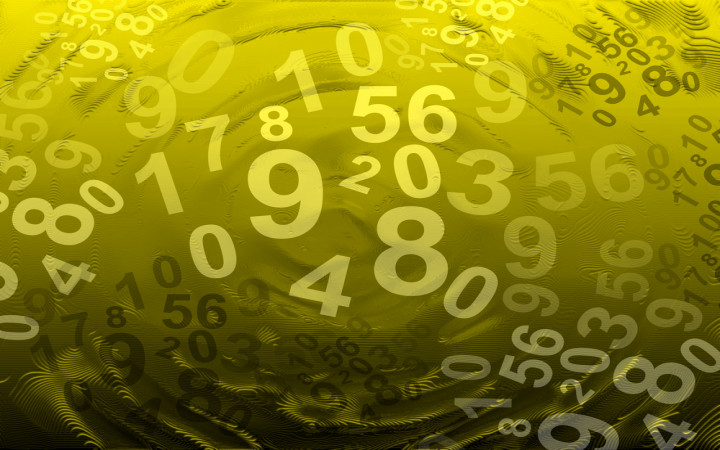What's the biggest number you can think of? A million? A billion? A trillion? A gazillion? Infinity?
Long ago, mathematicians came up with an easy way of representing very large numbers. They created exponents (also called powers) to represent the mathematical function of multiplying a number by itself a certain number of times.
Let's look at some examples. If you see 102, 10 is the base and the 2 is the exponent or power. 102 means 10 to the second power or 10 multiplied by itself twice. Thus, 102 is the same as 10 X 10 or 100.
Likewise, 103 is the same as 10 x 10 x 10, which equals 1,000. Do you see a pattern? When 10 is the base, the exponent will be the number of zeroes after the 1 in the answer. So, 106 would be a 1 with 6 zeroes, or 1,000,000 (1 million).
Exponents work with any base. For example, 42 is the same as 4 x 4 (16) and 43 is the same as 4 x 4 x 4 (64).
How would 1 billion and 1 trillion be represented as exponents? One billion is 1 followed by 9 zeroes, or 109. One trillion is 1 followed by 12 zeroes, or 1012.
Believe it or not, mathematicians use numbers much bigger than 1 trillion. In 1938, a 9-year-old boy named Milton Sirotta, who was the nephew of American mathematician Edward Kasner, invented a new number that he called a googol. According to Milton, a googol is 10100, or 1 followed by 100 zeroes!
How big is a googol? Really, really big! Mathematicians believe a googol is bigger than the number of subatomic particles in the universe. Despite its size, a googol is still smaller than the total number of possible different games of chess (approximately 10120).
Not content with the mind-blowing size of the googol, Milton also invented an even bigger number: the googolplex. A googolplex is 10googol, or 1 with a googol of zeroes after it.
How big is a googolplex? If all the matter in the universe was turned into paper, it still wouldn't be enough paper to write down all the zeroes in a googolplex. Even if you tried to write out all the zeroes in a googolplex — and could write two numbers per second — it would take you longer than the age of the universe to write it down!
Googol and googolplex aren't used very often, except to show the difference between an incredibly large number and infinity…or to remind students how exponents can be used to generate huge numbers quickly.
These terms did inspire one of the most famous and successful companies in the world today, though. Technology giant Google chose its name based upon a purposeful misspelling of googol.
The company wanted to convey that its Internet search engine could provide huge quantities of information for its users. Google's current headquarters in Mountain View, California, has come to be known as the Googleplex.
Google now processes over 1 billion search requests every day. The main Google search engine is the Internet's most-visited website.
The Google search engine — a noun — has become so associated with Internet searching that google — a verb — was added to the dictionary. It means "to use the Google search engine to obtain information on the Internet."




